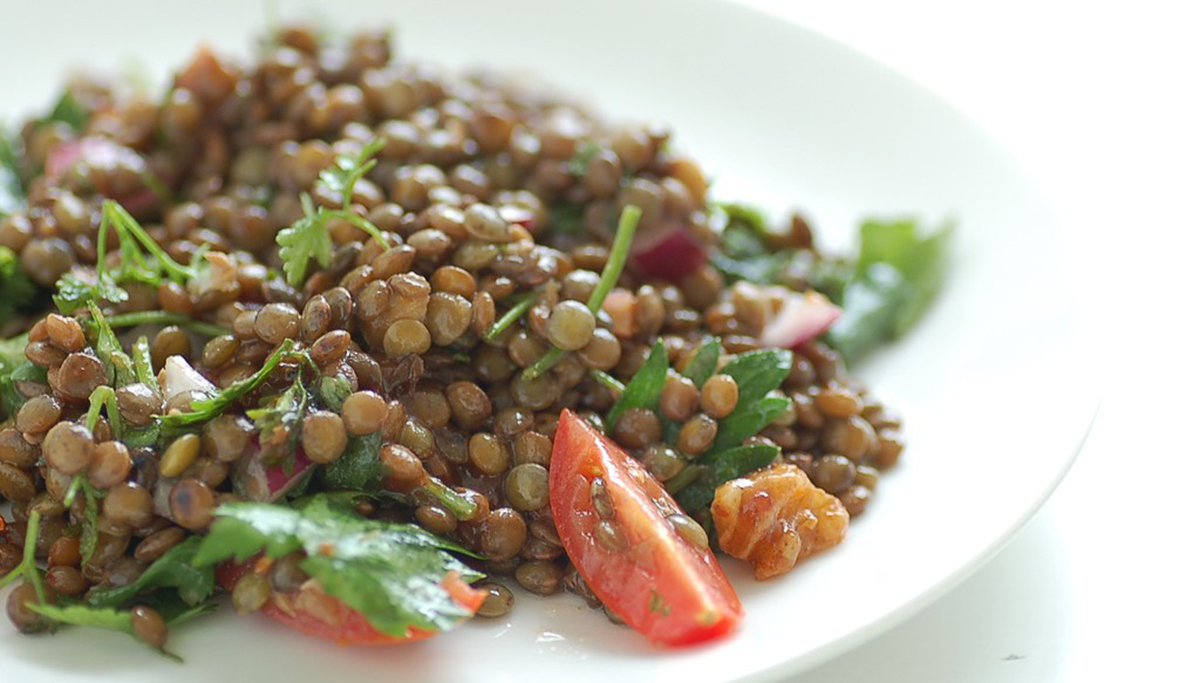Table of Contents
One of the biggest challenges about being vegan is getting enough protein in the diet. Protein is a really important macronutrient and without it we would have no structure. Protein comprises 20 building blocks called amino acids, which are essentially the building blocks for life. Eight of these 20 amino acids (namely isoleucine, leucine, lysine, methionine, phenylalanine, threonine, tryptophan, valine) are what is known as essential amino acids or amino acids that cannot be manufactured by the body and must be obtained through the food we eat. Amino acid functions in the body are numerous. Proteins provide structural functions in the body and form part of enzymes, neurotransmitters and hormones, which regulate bodily processes like sleep, mood, digestion and reproduction. They also help form our muscle and skin tissue. Amino acids also form the basic structure of our DNA- the genetic material that contains our blueprint, or code for life. It is therefore vital that we get protein from a variety of sources so that we can get a varied amino acid profile.

The protein present in animal sources is what is called “complete protein” because it contains all 8 essential amino acids. Amino acids are also present in certain vegetable sources including soya, vegetables, legumes, nuts and seeds, with small amounts found in grains too. These sources are not all complete though, which makes it even more vital that a vegan gets a varied diet in terms of protein.
Top Vegan Protein Sources
Lentils
These small round legumes are powerhouses of nutrients including protein, fibre, low GI carbohydrate, B vitamins and minerals, especially iron. They are traditionally made into Dhal, an Indian style lentil stew and are also great added to salads and winter soups.
Protein content/100g: 26g
Peanut Butter
Rich, creamy and filling, peanut butter is the perfect on-topper or dipper for vegans. Not a nut as such, the peanut is actually a legume, making it the best protein source of all the nuts. Peanuts are rich in folate, iron and are also great sources of monounsaturated fats. The latest findings about peanuts show that they contain resveratrol-a phytochemical (also found in red wine and grape juice) that is associated with a lowered risk of heart disease. The red skin found on Spanish peanuts is a concentrated source of resveratrol.
Protein content/100g: 24g
Almonds
Often referred to as “The King of Nuts”, almonds are an excellent source of vitamin E, potassium, magnesium, phosphorous, protein and fibre and are one of the richest nut sources of healthy monounsaturated fats.
Protein content/100g: 22g
See Also: Pros and Cons of the Vegan Nutritional Style
Chia Seeds
Chia seeds are most well known for their high fibre and omega 3-content. Because it is a seed, it is also a reasonable protein source with the added benefit of omega-3s for vegans. Chia is relatively new on the health circuit and is quite similar in nutritional content to flaxseeds. The also has a low glycemic load making them useful for blood sugar control.
Protein content/100g: 16g
- Photo courtesy of jules by Flickr : www.flickr.com/photos/stone-soup/357601017
- Photo courtesy of rusvaplauke by Flickr : www.flickr.com/photos/rusvaplauke/2208274955


Your thoughts on this